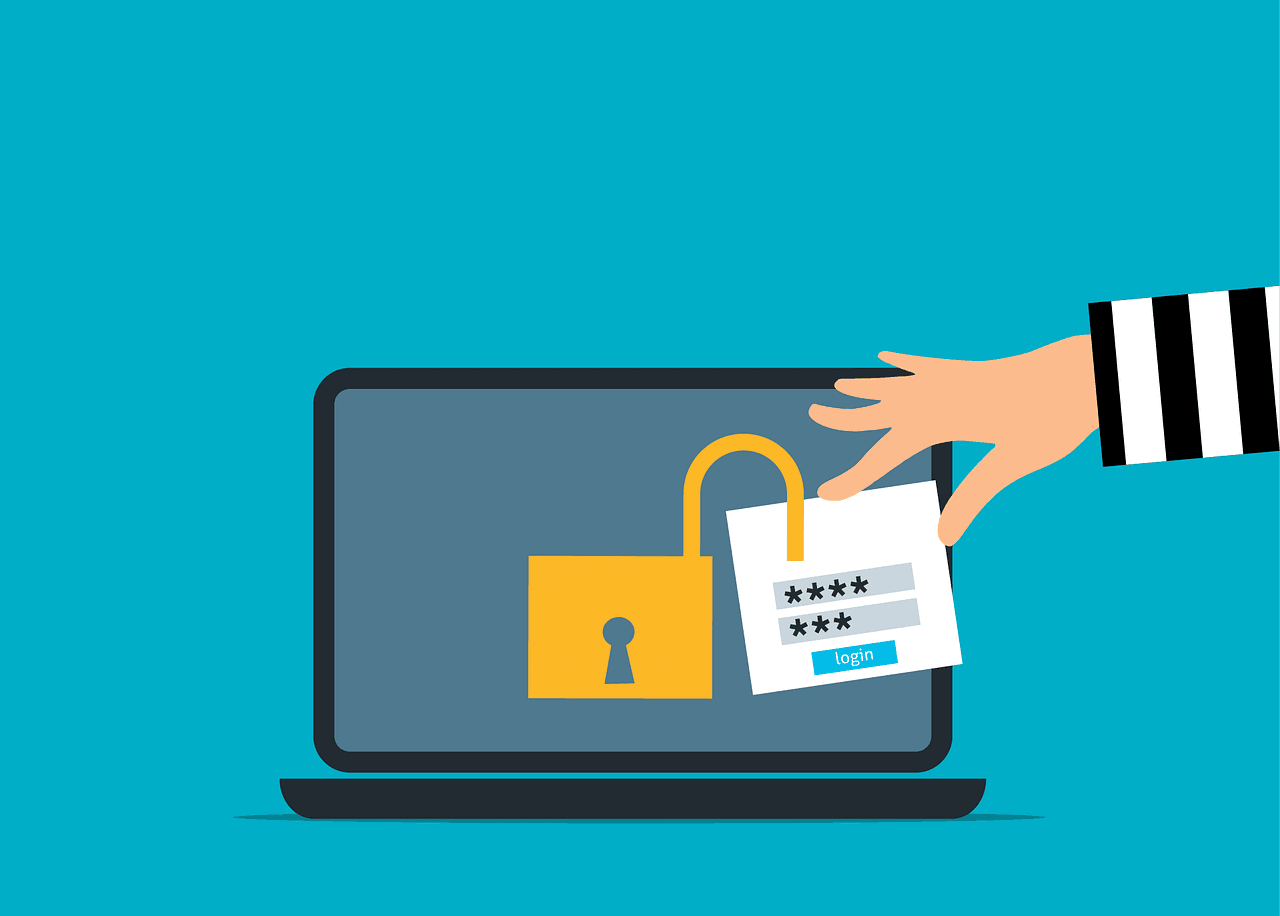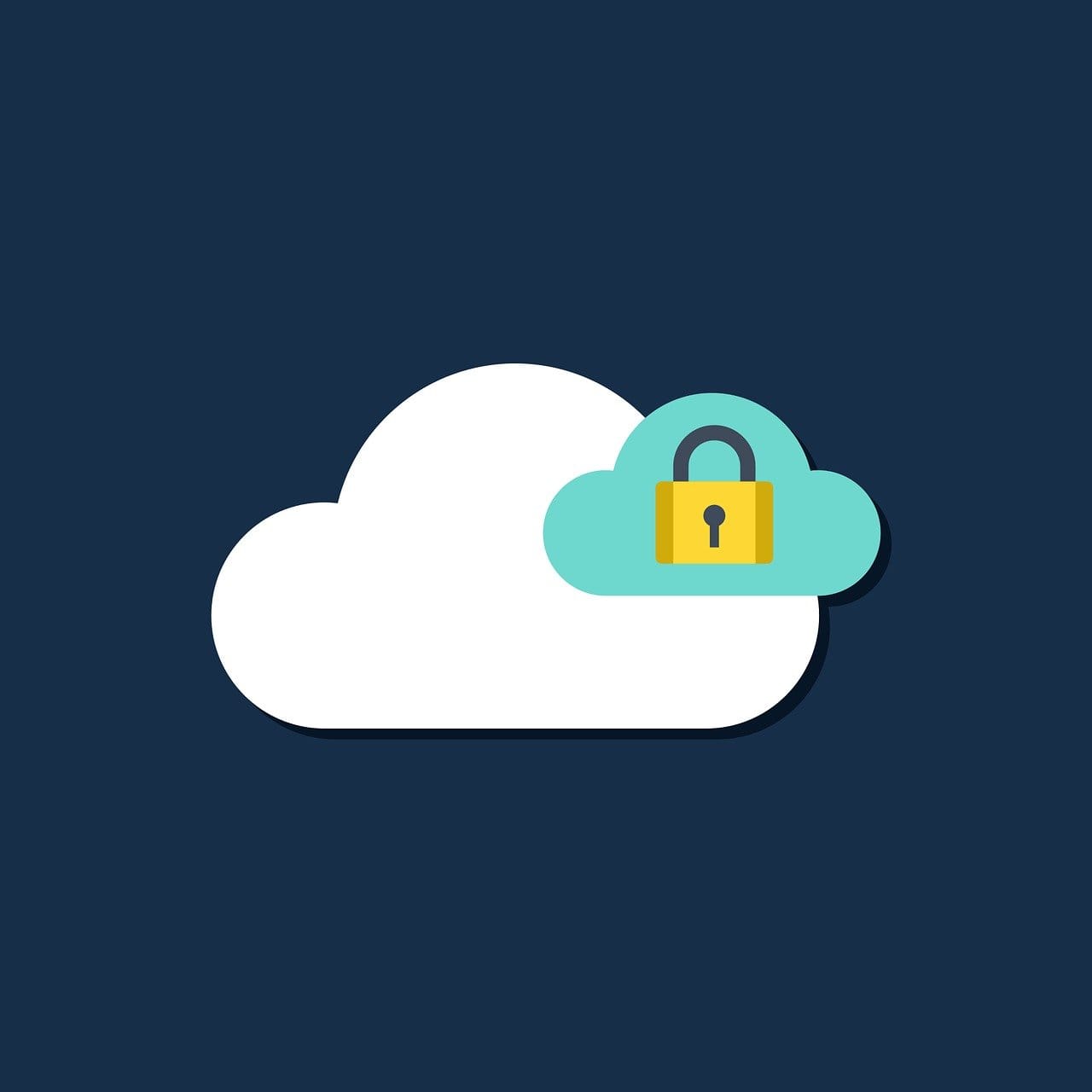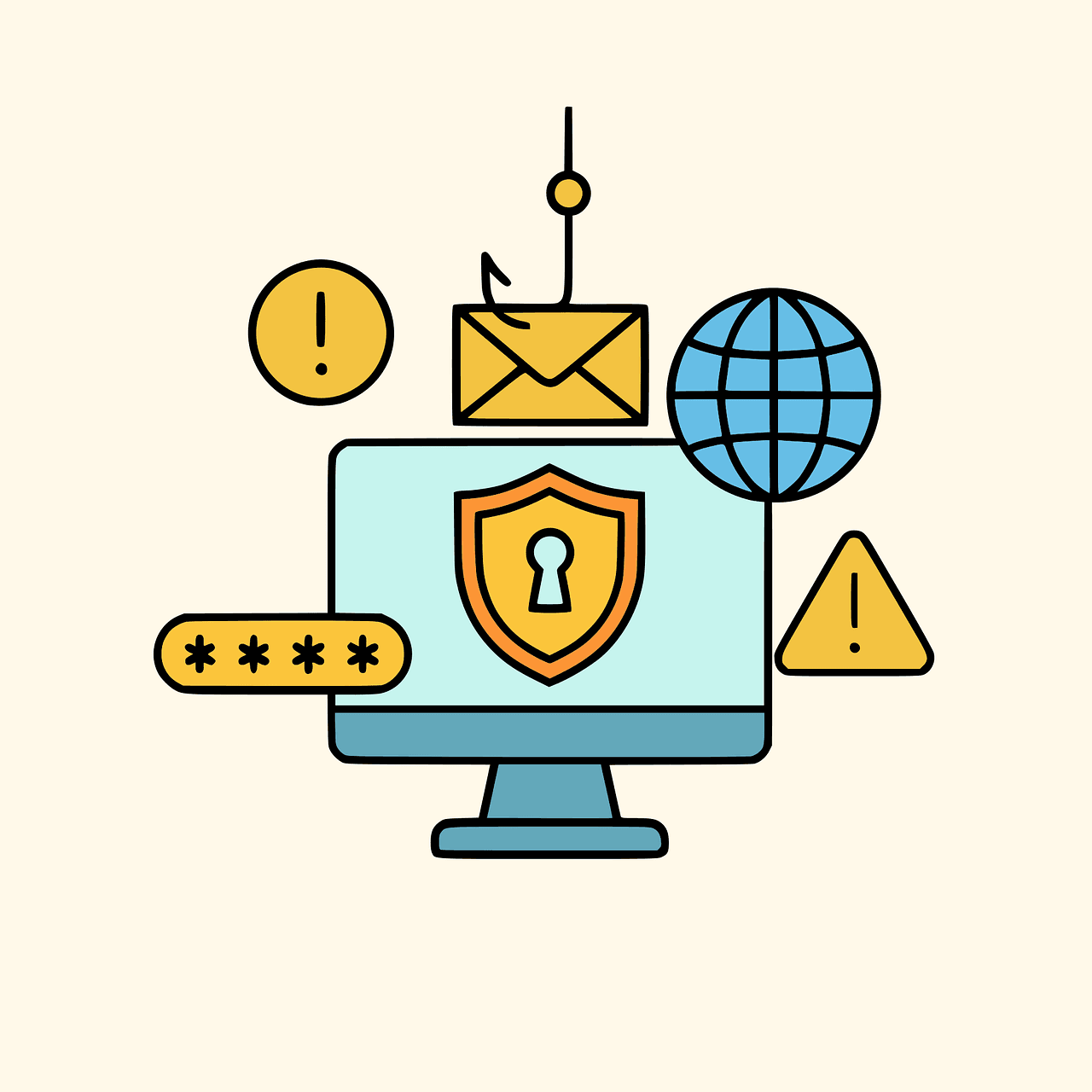Blog
-
The MFA Level-Up: Why SMS Codes Are No Longer Enough (and What to Use Instead)
For years, enabling Multi-Factor Authentication (MFA) has been a cornerstone of account and device security. While MFA remains essential, the threat landscape has evolved, making some older methods less effective. The most common form of MFA, four- or six-digit codes sent via SMS, is convenient and familiar, and it’s certainly better than relying on passwordsRead…
-
The Daily Cloud Checkup: A Simple 15-Minute Routine to Prevent Misconfiguration and Data Leaks
Moving to the cloud offers incredible flexibility and speed, but it also introduces new responsibilities for your team. Cloud security is not a “set it and forget it” type task, small mistakes can quickly become serious vulnerabilities if ignored. You don’t need to dedicate hours each day to this. In most cases, a consistent, briefRead…
-
The “Deepfake CEO” Scam: Why Voice Cloning Is the New Business Email Compromise (BEC)
The phone rings, and it’s your boss. The voice is unmistakable; with the same flow and tone you’ve come to expect. They’re asking for a favor: an urgent wire transfer to lock in a new vendor contract, or sensitive client information that’s strictly confidential. Everything about the call feels normal, and your trust kicks inRead…
Archived posts
-
7 Advantages of Adopting a Defense-in-Depth Cybersecurity Strategy
Cybersecurity threats are becoming increasingly sophisticated and prevalent. In 2022, ransomware attacks jumped by 93%. The introduction of ChatGPT will only increase the potential damage of cyber-attacks. Protecting sensitive data and systems requires a comprehensive approach. One that goes beyond a single security solution. This is where a defense-in-depth cybersecurity strategy comes into play. InRead…
-
Learn How Microsoft 365 Copilot Is Going to Transform M365 Apps
Advanced AI is a new buzzword in cloud computing. The launch of tools like ChatGPT and Bard have made big waves. Developers are now racing to introduce the next level of features to apps. Features that do part of your work for you. Such as writing emails or making follow-up checklists based on contact data.Read…
-
Is Your Online Shopping App Invading Your Privacy?
Online shopping has become a common activity for many people. It’s convenient, easy, and allows us to buy items from the comfort of our homes. But with the rise of online shopping, there are concerns about privacy and security. Not all shopping apps are created equally. Often people get excited and install an app withoutRead…


